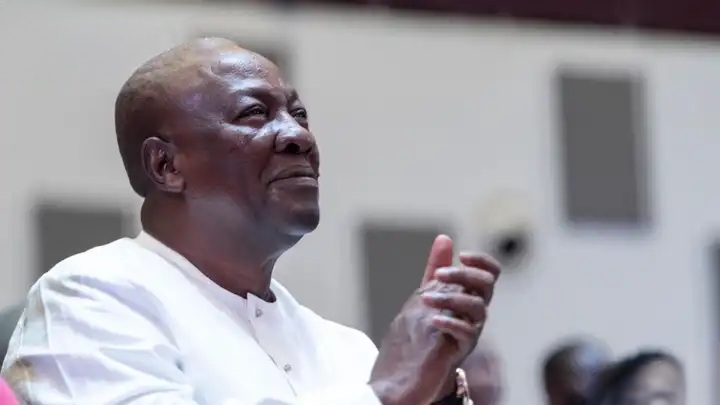The state expends significant amounts on office holders – COPEC supports scrap of fuel allowances

The Chamber of Petroleum Consumers-Ghana (COPEC) has praised the recent decision by President John Dramani Mahama to cancel all fuel-related benefits for political appointees, describing the move as “commendable and forward-thinking.”
President Mahama’s directive, which took effect on Tuesday, July 15, 2025, eliminates fuel allowances that were previously enjoyed by Article 71 office holders and other senior public officers—a policy COPEC believes is long overdue in curbing excessive government spending.
According to COPEC, “the state expends significant amounts on public office holders aside from providing them with ultra-new vehicles and maintaining the same.”
While acknowledging the need for some support for appointees to reduce the risk of corruption, the organisation insists that “the excesses of office ought to be curtailed.”
The petroleum advocacy group went further to recommend a comprehensive review of emoluments and gratuities for all public officials, urging government to align such benefits with the current economic challenges.
“It is our demand that all other public office holders’ emoluments and gratuities be reviewed to reflect the current economic status of the country as the government seeks to advance austerity in public spending,” the statement read.
COPEC also proposed that the funds previously allocated for fuel allowances be redirected into a dedicated account for national development projects.
“The monies that would have been used in providing fuel for the appointees should be put into an account and used for specific public projects that will benefit both current and future generations,” the statement urged.
In line with global sustainability trends, COPEC is also advocating for a shift to electric or solar-powered vehicles for public office holders, a recommendation already hinted at by the Ministry of Energy and Green Transitions.
“The departure from high-consuming Land Cruisers and similar vehicles will go a long way in eliminating the need to restore the now-scrapped fuel allowances,” COPEC added.
The group concluded by calling on the government to audit the petroleum price build-up structure, highlighting that some taxes in the current model have “outlived their purpose” and should be scrapped, especially ahead of the introduction of the new GH¢1 per litre levy expected to take effect on July 16, 2025.




